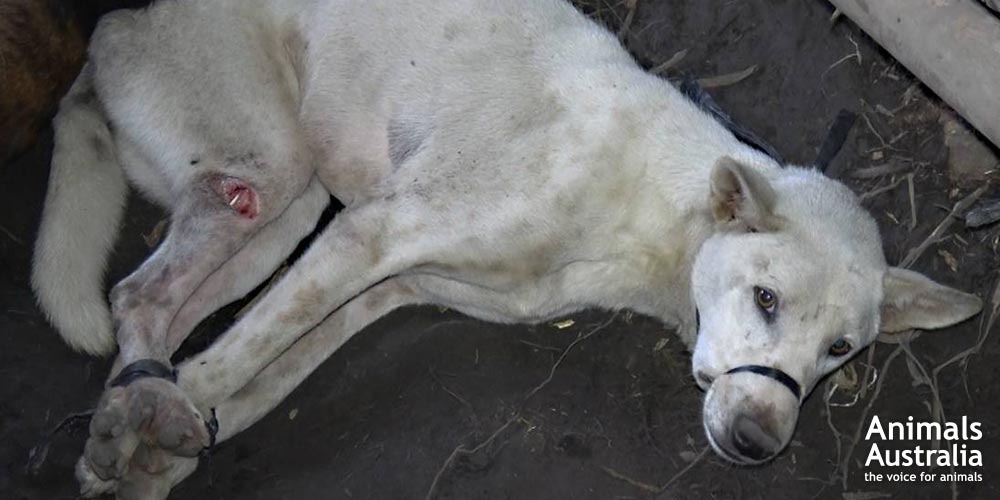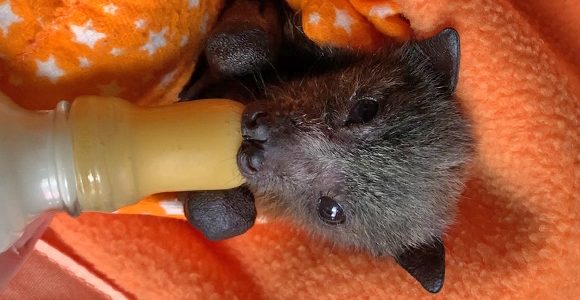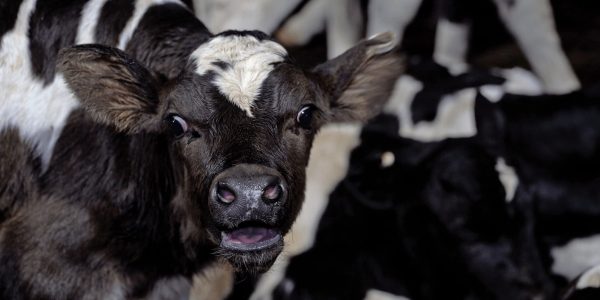As distressing as this news is, there is comfort to be found in the public outrage that is accompanying it. Worldwide, concern for animals and their welfare is on the rise — as is the public’s determination to force positive change. If you haven’t done so already, you can add your voice to calls to save Bali’s dogs by ending the Bali dog meat trade.
If the petition is successful and the Bali dog meat trade is outlawed, this will be a great victory for animals and may save many lives. But without ‘cultural’ change, Bali’s dogs will always be at risk. Only when those who have been culturally conditioned to see dogs as ‘food’ widen their circle of compassion and see them as worthy of love and respect, will Bali’s dogs truly be safe.
Compassion through cultural change
To a Westerner, it seems unfathomable that some people might see no ethical problem with consuming ‘man’s best friend’. To many Indonesians who have grown to love dogs as pets — the practice is just as unthinkable. But for the Christian ethnic minority in Bali, whose ancestors have eaten dogs for generations, the power of cultural conditioning is profound.
It’s nearly impossible to comprehend until you realise that wherever we live in the world, we are all victims of the very same cultural conditioning …
We too have been raised into a society that has normalised the slaughter and consumption of highly intelligent animals — animals who are capable of experiencing fear and suffering — often in horrific ways.






